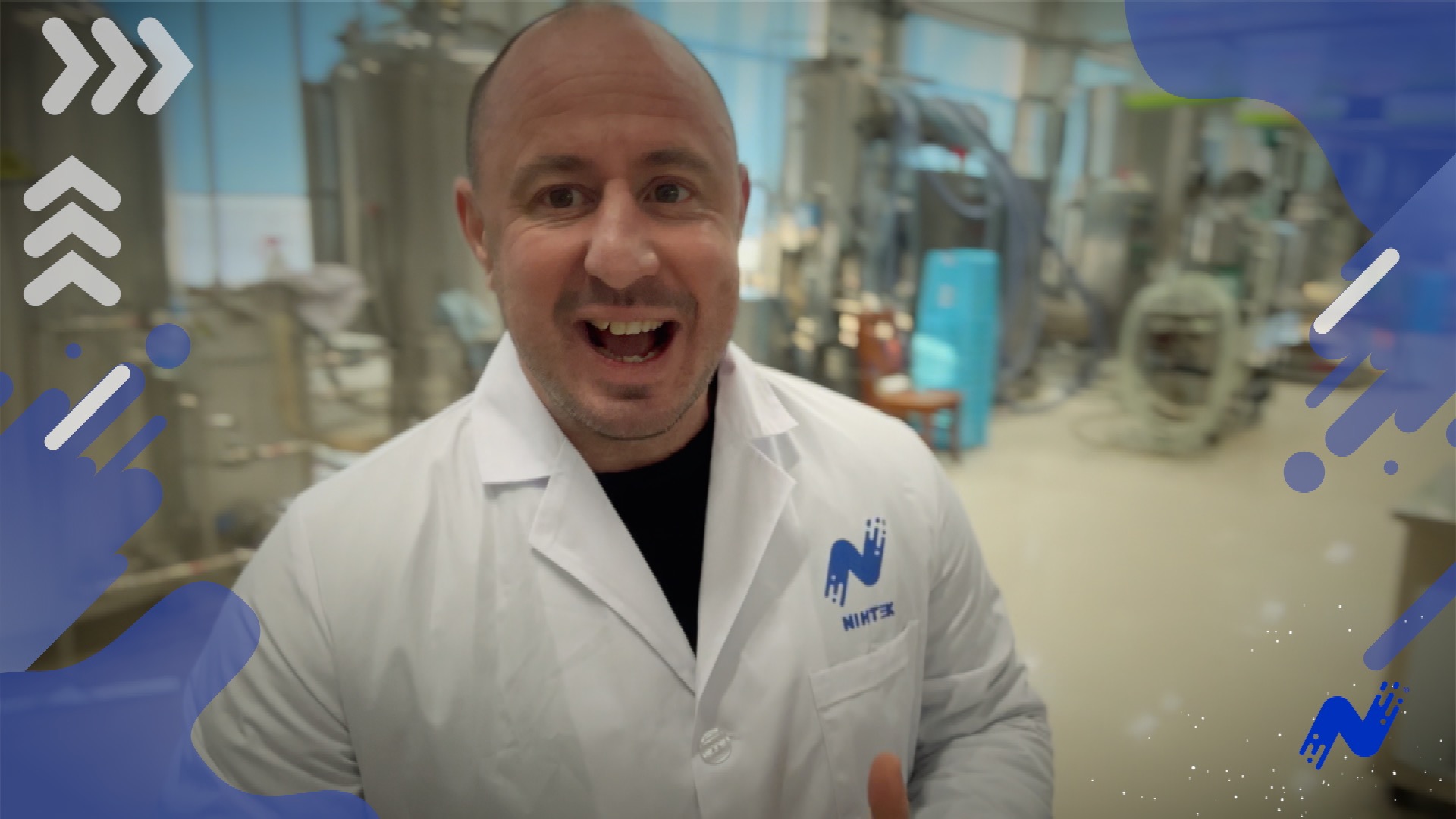In the realm of injury recovery, the significance of protein cannot be overstated. Whether it’s a minor strain or a major fracture, the body’s ability to repair damaged tissue hinges greatly upon adequate protein intake. Let’s delve into the depths of literature to uncover the pivotal role that protein plays in tissue recovery post-injury.
Understanding Tissue Repair:
Tissue repair is a complex biological process involving multiple stages such as inflammation, proliferation, and remodelling. Central to this process is the synthesis of new proteins to replace damaged ones and facilitate tissue regeneration. This is where dietary protein steps in as a critical building block for the body’s repair mechanisms.
Protein and Muscle Recovery:
Muscle tissue, in particular, heavily relies on protein for repair and growth. Studies have shown that protein consumption post-injury enhances muscle protein synthesis, accelerating recovery and preventing muscle wasting. According to research published in the Journal of Sports Sciences, individuals who consume adequate protein post-exercise exhibit improved muscle function and reduced soreness, indicating its efficacy in tissue repair.
Collagen Synthesis and Wound Healing:
Beyond muscle repair, protein also plays a crucial role in collagen synthesis, essential for wound healing and tissue regeneration. Collagen, the most abundant protein in the body, provides structural support to tissues and aids in their repair. Studies highlighted in the Journal of Investigative Dermatology emphasize the importance of dietary protein in enhancing collagen deposition, thereby expediting wound closure and promoting scar tissue formation.
Immune Function and Protein:
Injury triggers an inflammatory response as the body mobilizes immune cells to the site of damage. Protein is indispensable for supporting immune function, as it provides the necessary amino acids for the synthesis of antibodies and cytokines involved in the immune response. A deficiency in dietary protein can compromise immune function, prolonging the inflammatory phase of tissue repair and impeding overall recovery.
Protein Quality and Bioavailability:
Not all proteins are created equal concerning their impact on tissue recovery. The quality and bioavailability of protein sources influence their effectiveness in promoting repair and regeneration. Research cited in the Journal of Nutrition underscores the importance of consuming high-quality protein sources, rich in essential amino acids, for optimal tissue recovery outcomes.
Timing and Distribution of Protein Intake:
In addition to protein quality, the timing and distribution of protein intake also play a crucial role in tissue recovery. Studies elucidated in the Journal of the International Society of Sports Nutrition advocate for a strategic distribution of protein intake throughout the day, with emphasis on post-injury periods to maximize muscle protein synthesis and facilitate tissue repair.
Individualized Protein Requirements:
It’s important to recognize that the protein needs for tissue recovery may vary depending on factors such as the severity of injury, age, and level of physical activity. Consulting with a healthcare professional can help determine personalized protein requirements tailored to individual needs and circumstances.
Protein stands as a cornerstone in the intricate process of tissue recovery after injury. From muscle repair to collagen synthesis and immune function, its multifaceted role cannot be understated. By understanding the importance of protein and its optimal utilization, individuals can expedite their recovery journey and promote overall tissue health. Remember, when it comes to injury recovery, protein is not just a macronutrient—it’s a vital ally in the body’s quest for healing and regeneration.







